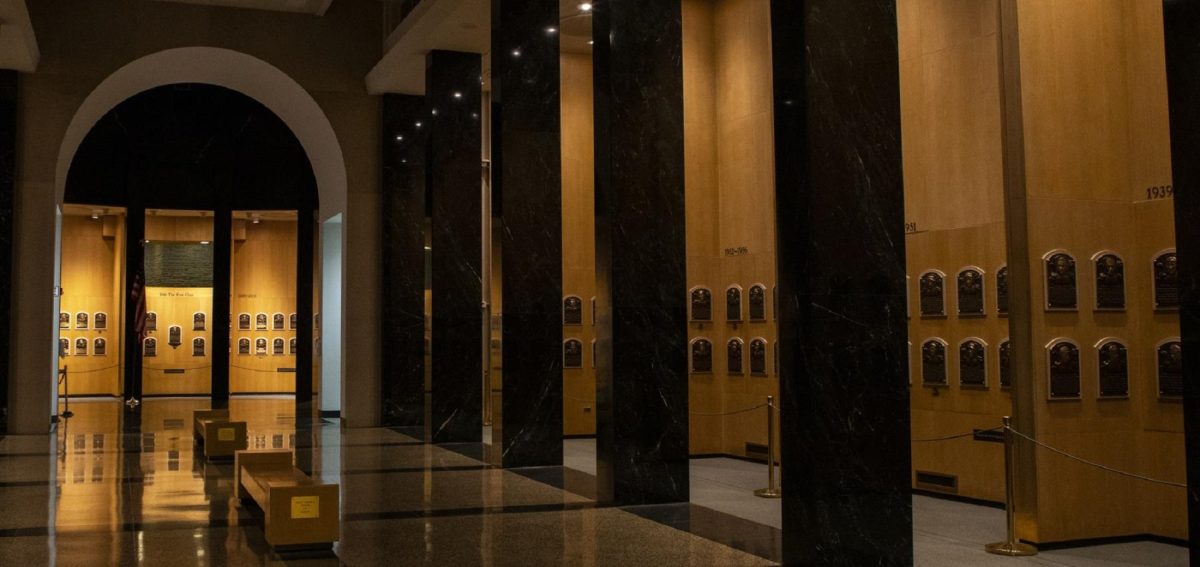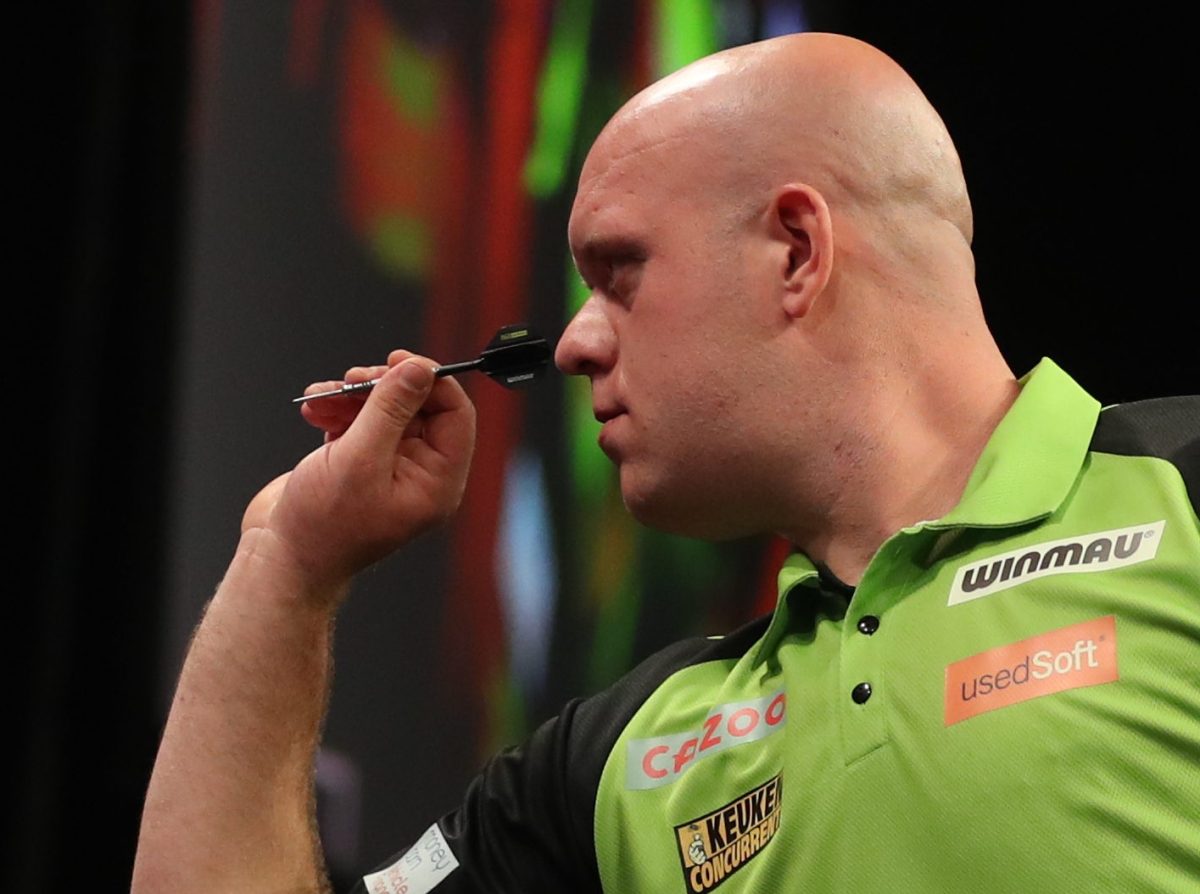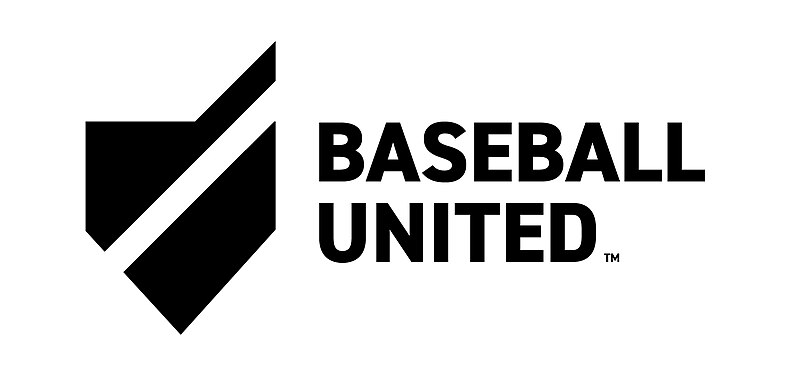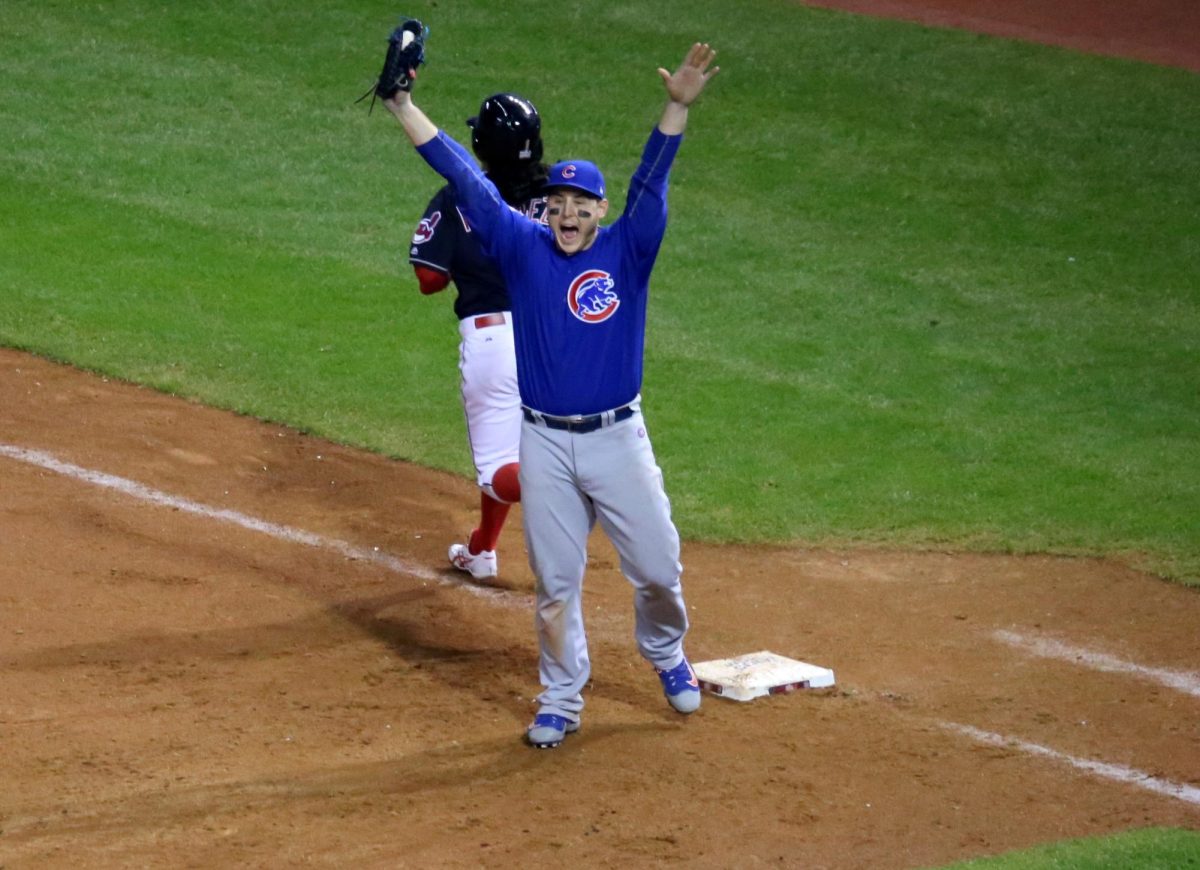It’s official. On March 17, FIFA — soccer’s international governing body — confirmed that Video Assistant Refereeing, a system for reviewing decisions by the head referee with video footage, will be used at the 2018 World Cup in Russia.
The announcement has been met with mixed reactions from the soccer community. For many, VAR is a welcome change. Soccer has long been riddled with referee errors and blown offside calls; VAR is meant to fix these. Yet with the way VAR’s trial runs have played out in various European leagues, VAR at the World Cup could potentially be a colossal disaster.
According to FIFA, VAR will only be used “to correct clear and obvious mistakes” — to determine the correct call for goals, offside calls, red cards, penalties and incidents of mistaken identities. A referee will look at video of the previous play and communicate the correct call through a headset to the head referee. Though VAR may help get some of these calls correct, implementing it at the 2018 World Cup is a mistake because the referees do not know how to use it and the game is interrupted too frequently.
VAR is only as good as the referees who are using it. If the referees are unfamiliar or uncomfortable with using the system during the World Cup, VAR instantly becomes a massive catastrophe, as it has in the various leagues testing VAR and as was best exemplified in the Tottenham Hotspur vs. Rochdale FA Cup fifth-round replay Feb. 28.
VAR is being used in FA Cup games as part of a trial run to determine whether VAR should be implemented full-time in the Premier League. In the seventh minute of the Tottenham vs. Rochdale game, a goal from center-forward Fernando Llorente was overturned.
Llorente was deemed to have fouled a defender shortly before scoring a tap-in, which was originally ruled a goal but overturned after extensive review. In this case, the use of VAR was not in line with its stated purpose of “correcting clear and obvious mistakes.” Llorente clearly did not foul the defender; even if there was a slight chance he might have, the situation certainly was not “clear and convincing.” VAR’s being used to make a correct call incorrect is painfully ironic.
Sadly, the spotlight on VAR did not stop. It was used a total of 10 times in the game; the constant video replays absolutely disrupted the flow of the match and added on six minutes of stoppage time in the first half. On average, the match was stopped every nine minutes to check VAR. For a sport as free-flowing as soccer, constant stoppage is detrimental to the core of the sport.
The interruption is even worse for the supporters at the stadium, who often have no idea what is going on or what is being reviewed. The only information they have is that VAR review is taking place. If VAR is to be implemented successfully, there needs to be better communication between the referee and the fans.
The VAR experience in the Tottenham vs. Rochdale FA Cup match will not necessarily be the norm, but it is also not an extreme outlier. As with any trial run, there will be growing pains, and it will take time for VAR to operate smoothly. Referees are not used to working with VAR and will need to adjust to the added dimension VAR brings to refereeing a game.
Nevertheless, with many referees uncomfortable using VAR, implementing it on the biggest stage in soccer is begging for disaster. Few people watched the Tottenham vs. Rochdale FA Cup fixture, but all eyes in the soccer community will be on the World Cup. Any mistake involving VAR will be constantly scrutinized. If VAR has a bad showing at the World Cup, incorporation of the technology into the game will be set back years.
VAR will ultimately be a positive and much-needed addition to the game. Years from now, people will wonder how the game could have been refereed without it. However, FIFA seems to be rushing to implement VAR on the biggest stage before it is ready. The European soccer governing body, UEFA, has already determined VAR is not ready to be implemented at its biggest stage, the Champions League.
In this situation, the rewards do not seem to outweigh the risks. VAR could be a success at the World Cup this summer and, if it is, should be applauded. However, it could also quite likely fail spectacularly. It would be tragic to see arguably the greatest event in sports, one that happens only once every four years, ruined by the hasty introduction of a new technology.
Drew Sewall is a sophomore in the McDonough School of Business. Kicking and Screaming appears in print every other Friday.















